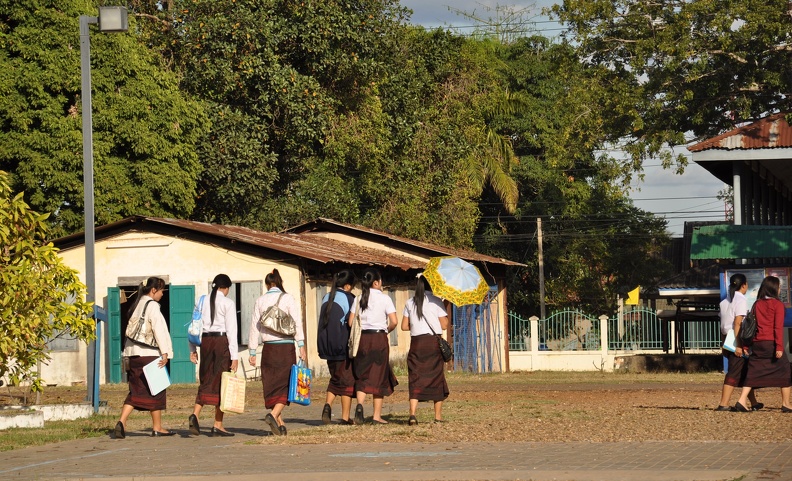We, the undersigned scholars based in the discipline of Global Development Studies at the University of Helsinki, express our solidarity to our colleague Dr Faith Mkwesha, a researcher of our wider academic community.
Dr. Mkwesha has been accused of slander by the police for having shared photos and videos revealing the unlawful and violent treatment by the security personnel in Helsinki against her son, a minor. Holding an expired bus ticket, her son was landed, handcuffed, brought to a police car for interrogation without parents or legal support, and released in the night, when there were no transports anymore to guarantee a safe return back to his home, in Turku. In contrast, the police did not take action toward his white Finnish friend who was with him, also without a valid ticket.
We understand the trauma for the young boy and his family, and believe it is natural and just, for a mother, to express sorrow and pain through social media.
We condemn this violence and any other discriminatory treatment that increases feelings of insecurity in the country, for minorities and black residents.
As workers and residents in Finland ourselves, we are concerned for the rampant racism that is taking place in Finland, and believe that, on the contrary, respect and inclusiveness of any ethnicity and culture is welcome. As scholars, we strongly believe in internationality and diversity, as they bring enrichment in society in terms of knowledge and civilization, and we are deeply concerned for the discomfort and other consequences that racial and discriminatory behaviour may cause in our multicultural community.
Therefore, we hope that the company providing public transportation security services will renounce prosecution of any legal action for this particular case.
We also demand the Finnish authorities to address the various forms of everyday racism, either subtle or violent, that are happening in the country.
Finally, we invite the University of Helsinki to initiate a survey on lived and perceived discrimination, diversity and interculturality within our community.
Signed during the anti-racism week:
Paola Minoia, Global Development Studies, University of Helsinki
Marjaana Jauhola, Global Development Studies, University of Helsinki
Barry Gills, Global Development Studies, University of Helsinki
Gutu Wayessa, Global Development Studies, University of Helsinki
Christopher Chagnon, Global Development Studies, University of Helsinki
William LaFleur, Global Development Studies, University of Helsinki
Juhani Koponen, Global Development Studies, University of Helsinki
Marketta Vuola, Global Development Studies, University of Helsinki
Helena Jerman Global Development Studies, University of Helsinki
Mira Käkönen, Global Development Studies, University of Helsinki
Saila-Maria Saaristo, Global Development Studies, University of Helsinki
Sanna Komi, Global Development Studies, University of Helsinki
Ilona Steiler, Global Development Studies, University of Helsinki
Riikka Kaukonen Lindholm, Global Development Studies, University of Helsinki
Anna Heikkinen, Global Development Studies, University of Helsinki
Johanna Hohenthal, Global Development Studies, University of Helsinki
